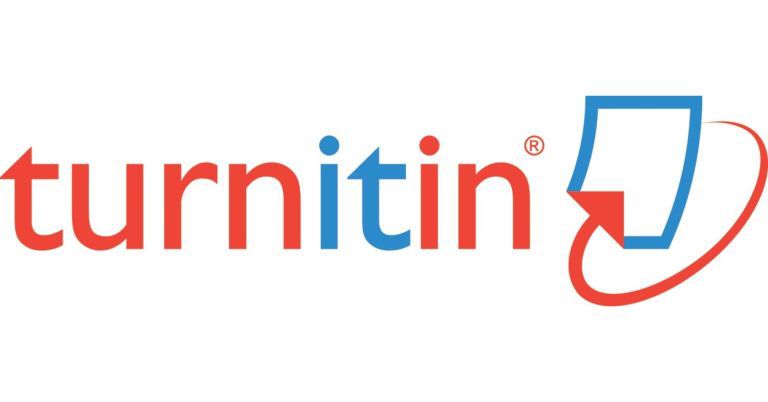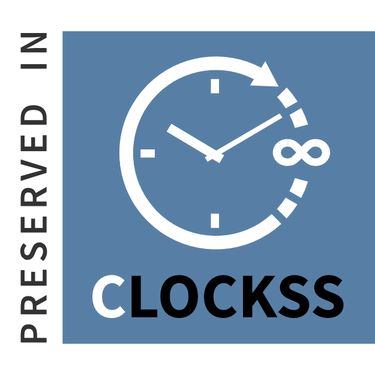he Impact of the Lateral and Dual Thinking Strategies on Solving Chess Situations and the Time Taken for Performance
Keywords:
chessAbstract
The game of chess is one of the intellectual games that require high mental effort and requires the exercise of analysis of positions for multiple and it is an international game and accredited in the Iraqi universities championship. The research used two methods: descriptive method of surveying method in determining the chess situations and its tests and the time, and experimental method in the two groups method using the test before major experiment and the test after major experiment about solving the situations of chess students in the University of Babylon (58) students through the use of two strategies, the strategy of lateral thinking and thinking double, to achieve objectives of the search through chess tests and knowledge of the best effect of the strategies in solving chess situations and the time , the number of (16) educational units for each strategy, and using statistical methods emerged results develop the thinking ability to solve the chess situations using the two strategies and the double thinking strategy better than the lateral thinking strategy in solving the chess situations and the time.
References
Abu Jadoo, Saleh Mohammad Ali & Nofal, Mohammad Bakr (2007): Teaching Thinking, Theory and Application, 1st Edition, Amman, Dar Al-Masira for Publishing, Distribution, and Printing, p. 467.
Abu Ghali, Salim Mohammad (2010): The Effect of Using the "Think-Pair-Share" Strategy on Developing Logical Thinking Skills in Science for Eighth Grade Students (Master's Thesis), Faculty of Education, Islamic University of Gaza, p. 55.
Hamada, Mohammad Mahmoud (2005): The Effectiveness of the "Think-Pair-Share" Strategy and Inquiry-Based Active Learning Methods in Developing Mathematical Thinking Skills and Reducing Math Anxiety in Middle School Students, Cairo, Journal of Educational and Social Studies, Faculty of Education, Helwan University, Vol. 11, No. 3.
De Bono, Edward (2006): Beyond Competition, Translated by Yasser Al-Atbi, 1st Edition, Saudi Arabia, Al-Obeikan Library.
Dreeb, Mohammad Jabr (2014): Lateral Thinking and Problem-Solving Skills Among Gifted and Regular School Students, University of Kufa, Journal of Kufa Studies Center, Vol. 1, Issue 34.
Zaytoun, Ayesh (2007): Constructivist Theory and Science Teaching Strategies, 1st Edition, Amman, Dar Al-Shorouk for Publishing and Distribution.
Ali Mohsen Yass, Mahmoud Kazem Al-Tamimi (2013): Dual Thinking Among Students, Journal of Educational and Psychological Researches, University of Baghdad, Issue 38, p. 6.
Fadel Zamel Saleh, Qusay Ajaj Saud (2014): Lateral Thinking Among University Students, Al-Ustadh Journal, University of Baghdad, Issue 209, Vol. 2, p. 40.
Lutfi Allah, Nadia (2005): The Effect of the "Think-Pair-Share" Strategy on Achievement, Creative Thinking, and Achievement Motivation in Visually Impaired Fourth Grade Students, Cairo, Journal of Scientific Education, Vol. 8, No. 3, p. 125.
Mahmoud, Abdullah Gad (2006): Marital Adjustment and Its Relationship to Some Personality Factors and Emotional Intelligence, Egypt, Faculty of Education, University of Mansoura, Issue 60.
Nasr, Mahmoud Ahmed (2003): The Effect of Using the "Think-Pair-Share" Strategy with Computer Assistance and Environmental Contextual Materials in Teaching Fourth Grade Geometry on Achievement, Retention, and Positive Interdependence, Cairo, Journal of the Egyptian Society for Mathematical Education, Third Scientific Conference "Teaching and Learning Mathematics and Developing Creativity", Ain Shams University.
De Bono, Edward (2003): Lateral Thinking Tools for Serious Creativity.
Gregory, G. & Parrym, T. (1995): Classrooms for the 21st Century, Integrating Models, A.S.C.D Chicago Series, PDF 87bc, p. 11.
Wimde, N. (2002): Study of Double Thinking and Group Administrable, Journal of Cognitive Psychology, Vol. 12, No. 5.
Suzan L. (2001): "Using Think-Pair-Share in the College Classroom", Center for Learning.
William M. Bart (2014): On the Effect of Chess Training on Scholastic Achievement. https://doi.org/10.3389/fpsyg.2014.00762
Innovation Management (n.d.): What is Lateral Thinking?. Link
Downloads
Published
Issue
Section
License
Copyright (c) 2019 Modern Sport

This work is licensed under a Creative Commons Attribution 4.0 International License.















